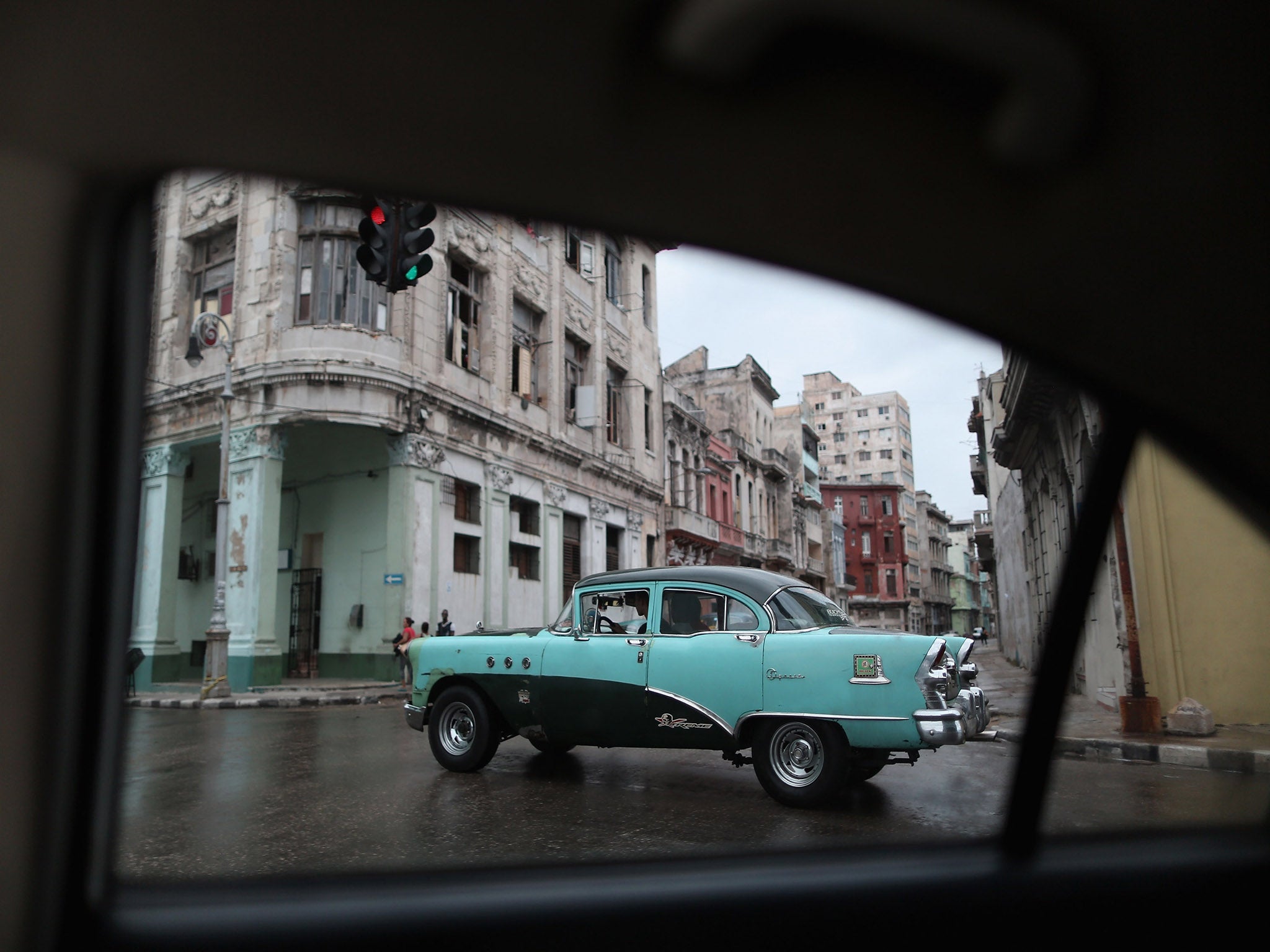Cuba gives US a warning before diplomatic talks resume this month
The two countries are as close to restoring diplomatic ties as they have been in more than half a century

Your support helps us to tell the story
From reproductive rights to climate change to Big Tech, The Independent is on the ground when the story is developing. Whether it's investigating the financials of Elon Musk's pro-Trump PAC or producing our latest documentary, 'The A Word', which shines a light on the American women fighting for reproductive rights, we know how important it is to parse out the facts from the messaging.
At such a critical moment in US history, we need reporters on the ground. Your donation allows us to keep sending journalists to speak to both sides of the story.
The Independent is trusted by Americans across the entire political spectrum. And unlike many other quality news outlets, we choose not to lock Americans out of our reporting and analysis with paywalls. We believe quality journalism should be available to everyone, paid for by those who can afford it.
Your support makes all the difference.The US is set to resume diplomatic talks with Cuba later this month after opening a historic dialogue with the communist Caribbean country last month.
Roberta Jacobson, the top US diplomat to Latin America, said she will be meeting with Cuban officials in the next couple of weeks to discuss reopening the US Embassy in Havana, the country’s capital.
But while relations between the two sides are as warm as they have been in more than half a century, Cuba has warned the US to stop using its diplomats to support those who oppose the Cuban government.
“The way those (U.S.) diplomats act should change in terms of stimulating, organizing, training, supplying and financing elements within our country that act against the interests of ... the government of the Cuban people,“ Josefina Vidal, Cuba’s head of US affairs, said, according to Reuters.
”The total freedom of movement, which the U.S. side is posing, is tied to a change in the behaviour of its diplomatic mission and its officials.”
The US often has criticized Cuba for repressing opposition to its communist regime, but doesn’t often express public support for political dissidents, though US diplomats do.
Such support could be a stumbling block to normalizing relations between the two countries, which both US President Barack Obama and Cuban President Raul Castro announced as a goal on 17 December.
Republican Sen. Marco Rubio, of Florida, has denounced the diplomatic talks – along with several others in his party – and said that he believes Cuba is taking advantage of the US in a column he wrote for CNN.
“Emboldened by the first wave of concessions Obama gave the Castro regime in the form of access to more U.S. dollars, it wants even more in exchange for nothing,” Mr Rubio wrote. “When dealing with tyrants, you can't wear them down with kindness. When that approach is attempted and one-sided concessions are made, tyrants don't interpret them as good faith gestures. They interpret them as weakness.”
Some reports claim the US and Cuba could restore relations before a regional summit held in April in Panama. February’s meetings between the two sides will give evidence as to whether or not that will become a reality.
Follow Payton Guion on Twitter @PaytonGuion.
Join our commenting forum
Join thought-provoking conversations, follow other Independent readers and see their replies
Comments